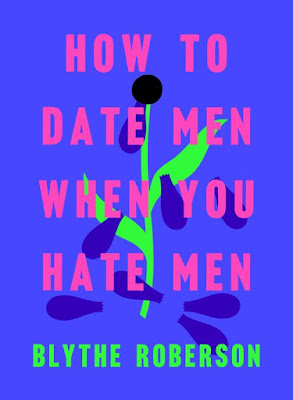A.F. Brady
 A.F. Brady's new novel is Once a Liar.
A.F. Brady's new novel is Once a Liar.
From her Q&A with Heather Gudenkauf:
Heather: Tell us more about Peter Caine. What drew you to this character? What challenges did you face writing about a not so nice main character?Visit A.F. Brady's website.
AF: I really enjoy writing flawed, anti-heroic characters. I feel in life and literature the focus often falls on the loveable ones, and I think it’s unfair. Not everyone is a stupendously likeable person, but everyone has a story. My stories are almost always based in redemption in some way. Seeking it, failing to find it, finding it, or continuing the search forever.
Peter Caine is a mix of a number of people I’ve known in life, both personally and professionally. I have worked with a lot of true sociopaths, and I find them unbelievably fascinating. Perfection and adoration are a little slow for me, a little boring. I’d rather have dinner with a villain, just to see how he ticks. That was the idea behind Peter Caine. Who are you, and why are you like this?
ONCE A LIAR also explores how people aren’t what they appear to be on the surface, whatever the surface may be. We should always look a little deeper to see the truth. We’re all M&Ms; whether you look at is as hard outside and soft inside, or shiny outside and dark underneath.
Heather: Both ONCE A LIAR and your first novel THE BLIND take place in New York City. Why did you choose to set your stories in Manhattan?
AF: I’m…[read on]
--Marshal Zeringue




























